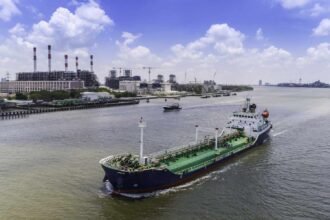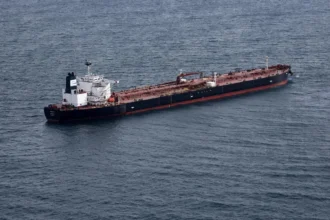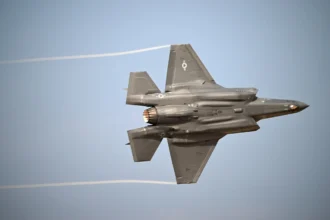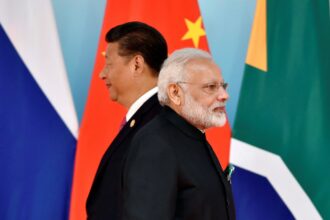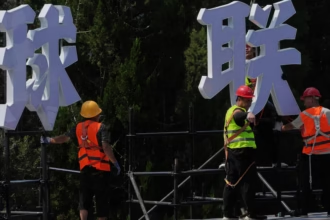Kazakhstan’s oil production has reached unprecedented levels, openly defying OPEC+ quotas and intensifying tensions within the cartel. In June, Kazakhstan’s crude oil output surged by 7.5%, hitting 1.88 million barrels per day (bpd), matching the country’s all-time high set in March. This output significantly exceeds Kazakhstan’s official OPEC+ quota of 1.5 million bpd, continuing a pattern of noncompliance that has frustrated core OPEC+ members, particularly Saudi Arabia.
The first half of 2025 saw Kazakhstan’s crude oil production average 1.79 million bpd, a 13% increase from the same period last year. Despite these figures, Kazakhstan’s energy ministry maintains that the country is committed to OPEC+ goals. However, the reality on the ground suggests otherwise. More than 70% of Kazakhstan’s oil is produced by international consortiums, including major players like Chevron and ExxonMobil, over which the Kazakh government has limited control.
Kazakhstan’s defiance has not gone unnoticed. OPEC+ sources indicate that the group is considering accelerating output increases to punish non-compliant members, thereby increasing downward pressure on international oil prices. This strategy aims to enforce discipline within the cartel by making it more costly for members to overproduce.
The tensions were further exacerbated when Kazakhstan’s Energy Minister confirmed in May that the government lacks the authority to impose production cuts on foreign operators. Kazakhstan has pledged to offset its overproduction by reducing 1.3 million barrels from its cumulative output by 2026, but this commitment is widely seen as unenforceable and more of a public relations move than a concrete plan.
OPEC+ is scheduled to meet to set August production targets, and the outcome of this meeting will be crucial in determining how the group plans to address Kazakhstan’s noncompliance. The situation highlights the broader challenges faced by OPEC+ in maintaining discipline among its members, as well as the complex dynamics between national interests and cartel agreements.



